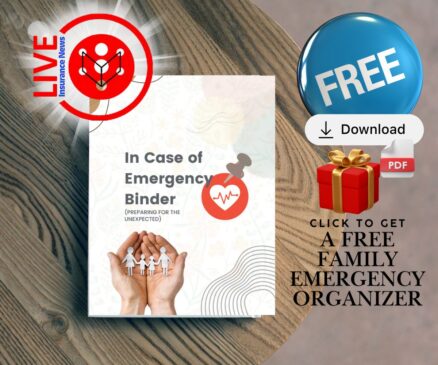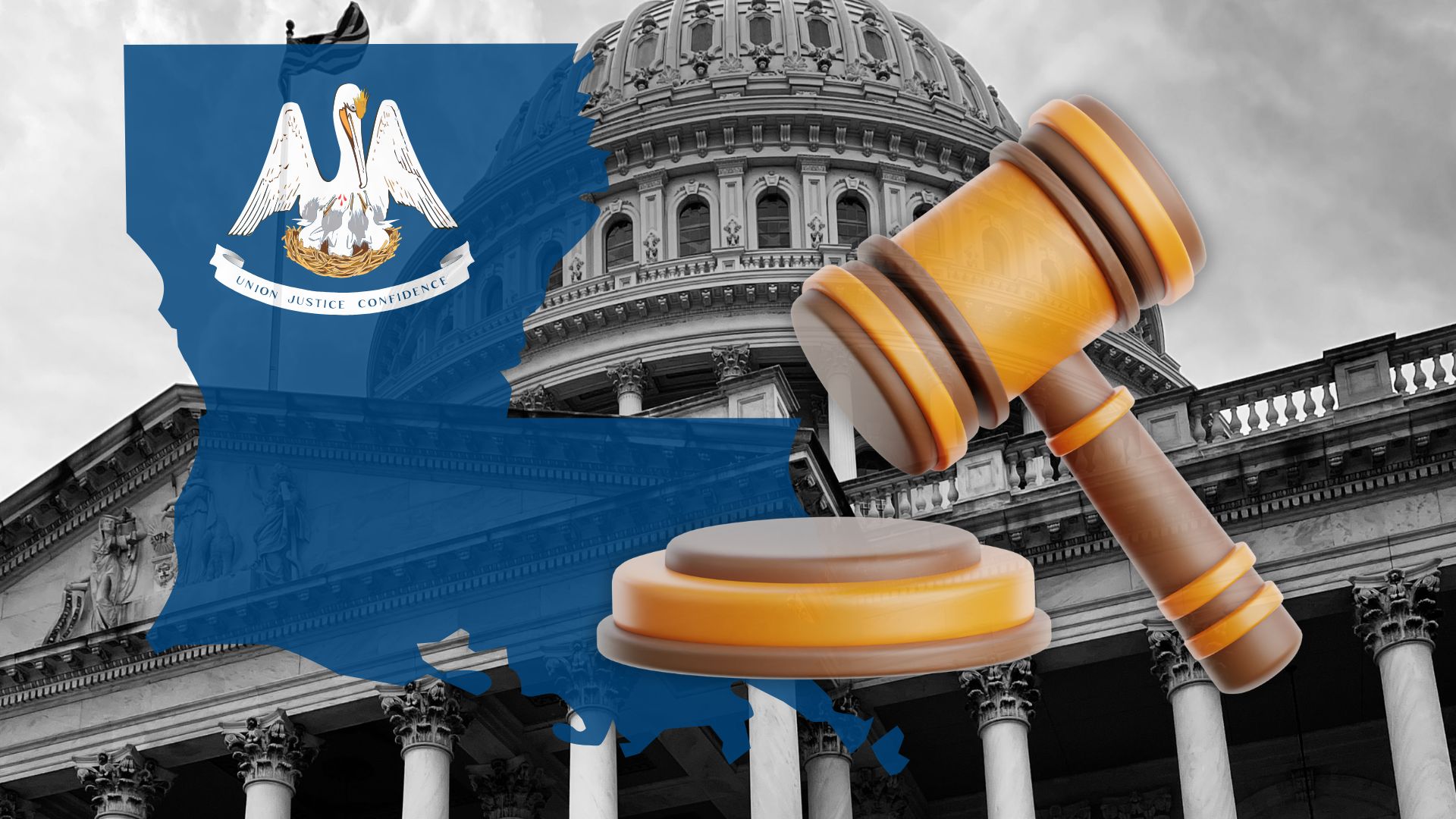Louisiana is no stranger to the crossroads of tort reform and its auto insurance crisis, and as the 2025 legislative session gains speed, the conversation is anything but quiet. With lawmakers, legal experts, insurance companies, and citizens all deeply invested, the question remains whether the proposed changes will truly impact insurance premiums or simply shift the scales of justice.
What Is Tort Reform, and Why Does It Matter?
At its core, tort reform is about reshaping the rules of civil lawsuits, particularly those involving personal injury claims. A “tort” happens when someone wrongfully harms another, such as running a red light and causing an accident. Tort reform debates center on limiting the compensation (“damages”) that injured parties can claim, capping how much they can sue for, and tightening the rules for filing such lawsuits.
Why is this important in Louisiana? For starters, the state has the highest auto insurance rates in the nation, averaging a striking $2,546 annually for full coverage compared to the national average of $1,548. Lawmakers and industry leaders often point the finger at a legal system they claim encourages excessive payouts, driving up costs for insurers and, ultimately, policyholders.
Supporters of tort reform argue it could stabilize the insurance market by curbing what they call “inflated settlements.” Critics, however, contend these measures limit the rights of injured parties and provide little evidence of premium reductions.
The Key Players in Louisiana’s Tort Reform Battle
This year, the conversation is dominated by House Bill 34 (HB 34), spearheaded by Rep. Brian Glorioso (R-Slidell). HB 34 proposes allowing defendants in car accident cases to introduce evidence of what plaintiffs actually paid in medical bills, rather than the amounts billed, which are often higher. Supporters argue this would stop “out-of-control payouts,” but trial lawyers caution it could undervalue the real cost of medical care.
Meanwhile, another bill, HB 431, led by Rep. Emily Chenevert (R-East Baton Rouge), is looking to change the state’s current legal standard for fault. Right now, Louisiana follows a “pure comparative fault” system, allowing plaintiffs to recover damages even if they are mostly to blame for an accident. HB 431 would shift to a “modified comparative fault” system, barring plaintiffs from compensation if they are more than 50% at fault.
Sidney Degan, an attorney supporting the bill, says this change could “level the playing field” and discourage frivolous lawsuits. However, opponents like Rep. Chad Brown (D-Assumption) argue it introduces a double standard, as plaintiffs who are just over the threshold would receive nothing, even when defendants carry significant fault.
Has Tort Reform Helped in the Past?
Louisiana’s legislative history is littered with tort reforms that promised to tame sky-high insurance rates. The 2020 tort reform package, for example, introduced several changes, including lowering the jury trial threshold to $10,000 and restricting recoverable medical expenses. Yet, insurance rates continued to rise, with hurricanes and insurer exits feeding the crisis.
Jay Luneau (D-Avoyelles) is one of the most vocal skeptics. “Tort reform has never lowered automobile insurance rates in Louisiana,” he stated bluntly, pointing to the state’s tortured history with unfulfilled promises from insurers.
And it’s not just storm clouds exacerbating the state’s insurance woes. Mark Friedlander of the Insurance Information Institute suggests that the reforms of prior years didn’t go far enough to address legal abuse. “The earlier efforts were an improvement but insufficient in tackling systemic issues,” he added.
A Social Media War Stokes the Conflict
The tort reform debate isn’t confined to the statehouse. Louisiana Governor Jeff Landry and Insurance Commissioner Tim Temple have publicly clashed over their visions for lowering auto insurance rates, turning a policy divide into a social-media spectacle.
Governor Landry, a supporter of limiting attorney advertising and excluding credit scores from rate calculations, hosted a press conference last week calling for what he termed a “balanced approach.” Commissioner Temple fired back in his own press event, advocating stricter limits on lawsuit damages and criticizing Landry’s proposals as insufficient.
Even personal injury attorneys like the well-known Morris Bart were drawn into the fray, with Landry taking deliberate jabs during his remarks. If nothing else, it’s clear that this legislative session has only further underscored divisions among key stakeholders.
What It Means for Everyday Louisianans
Here’s where it gets personal. If you’re a driver in Louisiana, these debates directly affect your wallet and your recourse in the event of an accident. Proponents of the reforms insist that curbing large payouts will eventually drive down premiums for everyone. But history suggests rate reductions may not come as quickly as hoped, or at all.
For accident victims, especially those with substantial medical costs, stricter rules could limit financial recovery and make an already stressful process even more challenging. And for businesses and insurance carriers, these reforms could mean reduced payouts, potentially stabilizing operations in the state. A win for some, but certainly not all.
What’s Next?
Louisiana lawmakers now face the high-pressure task of deciding which, if any, of the proposed reforms will move forward. Although past efforts have failed to deliver on their promises, the high stakes of maintaining an affordable auto insurance market remain a pressing concern for both officials and residents.
Looking ahead, it’s critical for stakeholders to strike a balance between access to fair compensation and managing the broader economic consequences of the reforms. Whether you’re behind the wheel or advocating in the courtroom, the ripple effects of these decisions could shape the state’s insurance and legal landscape long after the 2025 session concludes.
Through it all, one thing is clear: Louisiana’s tort reform debate is far from over, and for those watching, a dash of watchfulness might just keep those rates (and expectations) in check.


